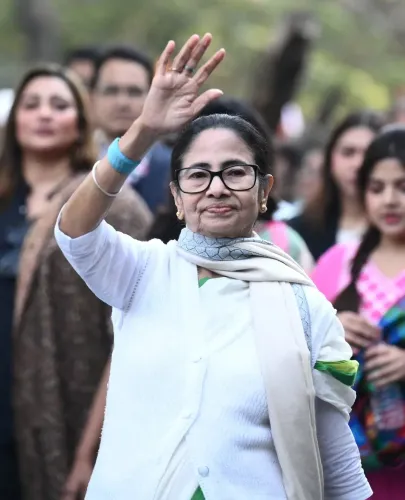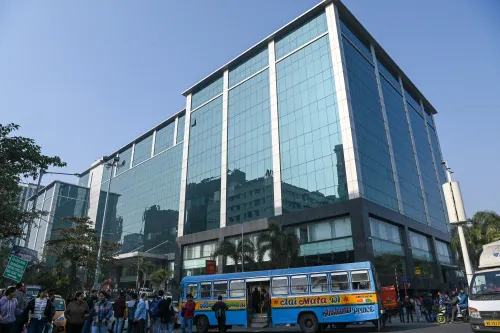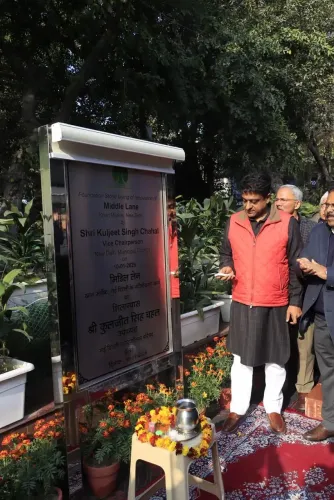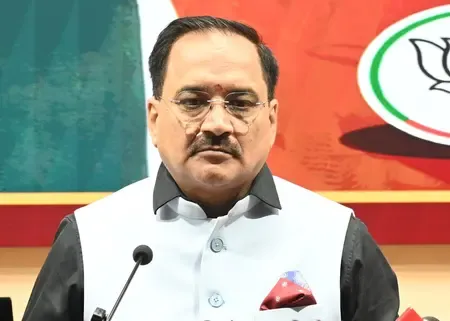Will the Delhi HC grant bail to accused in the 2020 riots 'larger conspiracy' case?
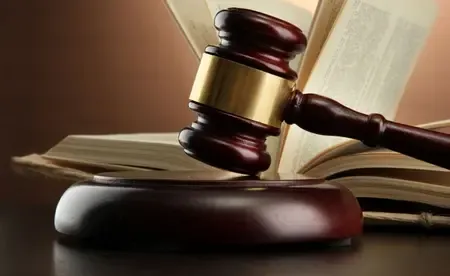
Synopsis
Key Takeaways
- The Delhi High Court has reserved its verdict on key bail applications.
- Solicitor General Mehta opposes bail based on national security concerns.
- The case is framed as a premeditated conspiracy rather than a mere riot.
- The accused are alleged to have attempted to create religious divisions.
- Next hearing set for Shadab Ahmed's bail plea.
New Delhi, July 9 (NationPress) The Delhi High Court has reserved its ruling on the bail applications of Umar Khalid, Sharjeel Imam, and several other individuals implicated in the 2020 Delhi riots 'larger conspiracy' case.
During the proceedings, Solicitor General Tushar Mehta, who represents the Delhi Police, argued against the bail requests, emphasizing that the extended detention of the accused should not serve as justification for their release while awaiting trial. He stated that the individuals were entangled in a well-coordinated criminal conspiracy aimed at discrediting the nation ahead of US President Donald Trump's visit in 2020.
"If you (referring to the accused) are acting against the nation, then you should remain incarcerated until acquitted or convicted," stated Solicitor General Mehta before Justices Naveen Chawla and Shalinder Kaur.
"This is not merely a case of bail in standard riot instances; it constitutes a carefully planned and orchestrated criminal conspiracy that originated in the national capital with a specific date and time in mind," he added.
Solicitor General Mehta cited speeches made by Sharjeel Imam, indicating a scheme to divide the nation along religious lines.
"Their goal was to split the nation based on religion and to inflict national disgrace on a global scale," he proclaimed.
Throughout his arguments, Mehta referenced various global media reports concerning the Delhi riots, asserting that the accused were not protesting against a law but were instead plotting something far more nefarious.
He also referenced a previous court ruling denying bail to Umar Khalid, labeling the entire incident as a "terrorist act."
"This should not be dismissed as a mere riot case. It is a premeditated assault on the nation's sovereignty, executed in the capital," Mehta concluded.
The bench led by Justice Chawla is set to consider the bail application of Shadab Ahmed on Thursday at 4 p.m.


